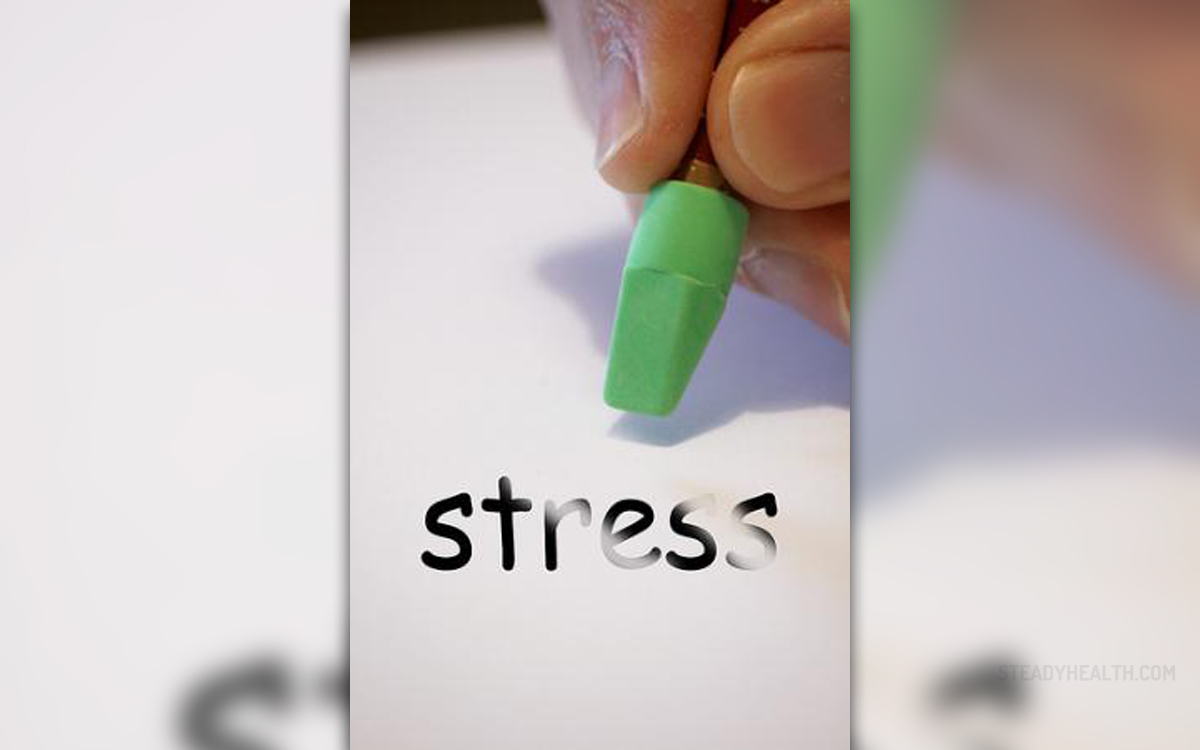
Stress can be defined as a body's reaction to any change that requires a physical, mental or emotional adjustment and response. It is a normal part of everyday life and affects all people in the world. Even though stress keeps us alert, motivated and makes us feel ready to avoid danger too much stress, particularly on a daily bases, can be detrimental. Therefore, managing stress is essential for both mental and physical health.
How does Stress Affect Health?
Human autonomic nervous system has a build-in stress response and it acts via physiological changes that allow the body to fight stressful situations. This body's response to stress is activated in a case of an emergency. In some cases this response may become chronically activated especially during prolonged periods of stress.
Long-term stress without proper relief may induce a condition known as distress, a negative stress reaction. Distress is responsible for disturbance in the body's internal equilibrium and leads to a variety of physical symptoms. Some of them are headaches, stomach upset, high blood pressure, chest pain, sexual dysfunction and problems sleeping. Furthermore, distress is also associated with emotional problems such as depression, panic attacks and other forms of anxiety. It is also shown that stress may bring or worsen certain symptoms and signs of certain illnesses. And finally, stress is related to heart disease, cancer, lung ailments, accidents, cirrhosis of the liver and suicide.
How to Reduce and Control Stress?
There are ways to manage stress and lead a happier and healthier life.
It is significant to keep a positive attitude. The person is due to accept that there are events that simply cannot be controlled. Furthermore, one should be assertive instead of being aggressive. It is better to assert one's feelings, opinions and beliefs instead of becoming angry, aggressive, defensive or passive.
Relaxation techniques are highly effective against stress. They can reduce stress and keep it under control. For example, one may start to practice meditation, yoga or tai-chi. Regular exercise is also beneficial. This way the body can fight stress better.
Well-balanced meals and adequate diet are two more ways to boost the immune system and help the body to cope with stress and prevent its detrimental effects. Intake of alcohol, drugs and any bad habits such as smoking should be limited if not completely eliminated.
Apart from the previously mentioned one should also get enough rest and sleep.
And finally, it is essential to manage time more effectively, set limits appropriately and say no to requests that may bring excessive stress into one's life. In case none of the mentioned provides with desirable effects a person may seek out social support or treatment with a psychologist or other mental health professional who is trained in stress management.














-Causes,-Symptoms,-Diagnosis-And-Treatment_f_280x120.jpg)


Your thoughts on this
Loading...